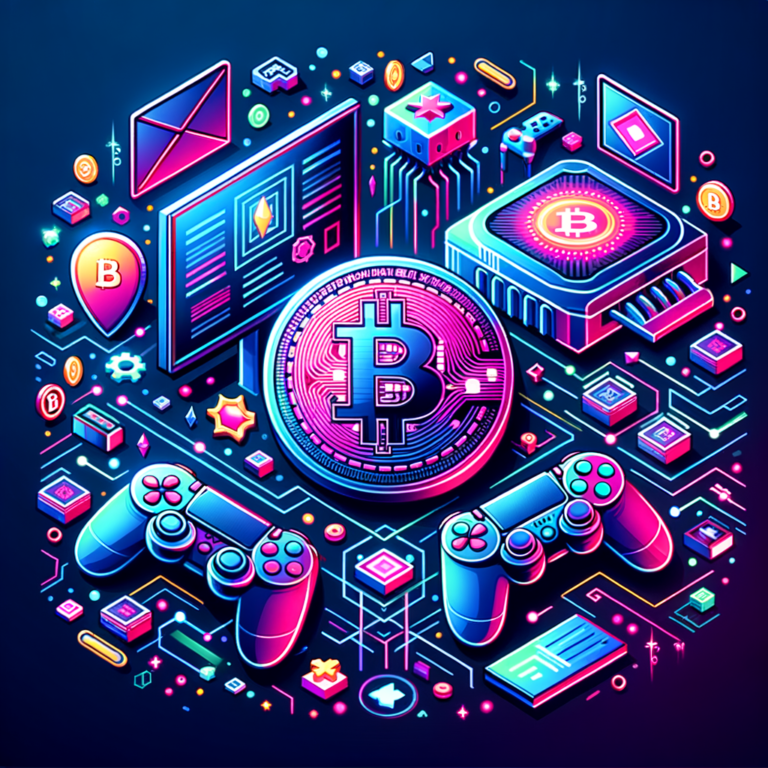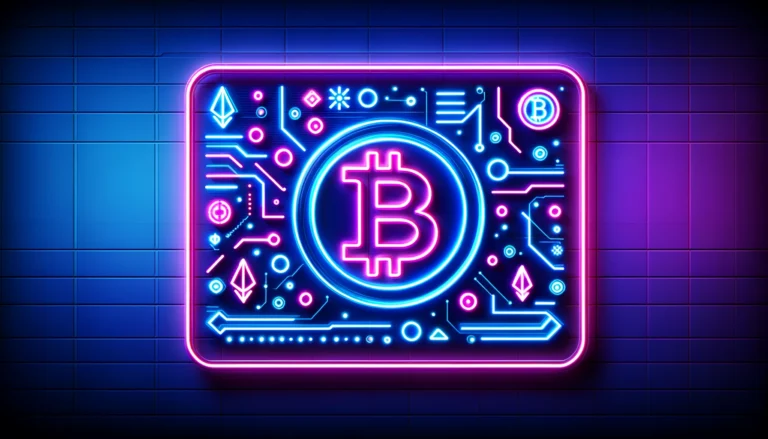Exploring the Impact of Blockchain on Game Economies
The intersection of blockchain technology and gaming has the potential to profoundly reshape game economies. As blockchain technology advances, its integration into various sectors attracts attention for its decentralized, secure, and transparent nature. Within the gaming industry, these characteristics promise to revolutionize how games are developed, played, and monetized. This article explores the multifaceted impact of blockchain on game economies, examining the benefits for developers and players, as well as addressing the challenges and future potential of blockchain in game design.
Understanding the Basics of Blockchain
Blockchain is a distributed ledger technology that enables data to be stored globally on thousands of servers while letting anyone on the network see everyone else’s entries in real time. This makes it highly secure and transparent as the data entered is irreversible and cannot be altered without the consensus of the network. Primarily known for its role in cryptocurrency systems like Bitcoin, blockchain’s potential extends far beyond, including into the realm of digital gaming. Its key features — decentralization, transparency, and security — are what make it appealing in various applications. These characteristics help eliminate many of the middlemen and gatekeepers in industries, potentially reducing costs and increasing efficiency.
How Blockchain Integrates with Game Economies
Blockchain technology can be seamlessly integrated into game economies through the use of cryptocurrencies and non-fungible tokens (NFTs). Cryptocurrencies can serve as in-game currencies that are tradeable both inside and outside the game universe, offering real-world value to gaming assets. NFTs, on the other hand, allow for the creation of unique, indivisible, and ownership-verified game items, which players can truly own and trade. This integration not only enhances the realism of the game economy but also aligns closely with the principles of virtual economies where scarcity and ownership are key economic drivers.
Benefits of Blockchain for Game Developers
For game developers, blockchain holds promise for a new paradigm in game development and monetization. First, it enables them to create more secure and transparent game economies that can foster trust and loyalty among players. Additionally, blockchain allows for the tokenization of in-game assets, providing a new revenue stream as players can buy, sell, or trade these assets. The technology also enables developers to maintain perpetual control and earn royalties from their original creations, even in secondary markets. Lastly, blockchain can facilitate crowd-funding and investment directly from the community, supporting independent developers and small studios in bringing innovative game concepts to life.
Impact on Player Experience and Engagement
Blockchain stands to enhance player experience by introducing new forms of player ownership and investment. Players can have real ownership of their in-game assets, making gameplay more meaningful and potentially profitable. Furthermore, blockchain enables the creation of decentralized gaming worlds, where players can contribute to game governance and decision-making, potentially leading to more immersive and engaging game worlds. The ability to securely and transparently verify the rarity and authenticity of assets can also add a new layer of excitement and competition to the gaming experience.
Challenges Facing Blockchain in Gaming
Despite its benefits, blockchain adoption in gaming faces several challenges. The high energy consumption associated with blockchain, particularly with proof-of-work systems, raises environmental concerns. Scalability can be an issue, as blockchain networks can become congested with increasing transaction volumes, leading to slower processing times and higher costs. There’s also a significant learning curve associated with blockchain, requiring both developers and players to acquire new knowledge and skills. Additionally, regulatory uncertainty around cryptocurrencies and NFTs can pose risks to developers and players, complicating the broader adoption of blockchain in gaming.
Future Prospects: Blockchain in Game Design
Looking forward, the potential for blockchain in game design is vast. Innovations such as layer-two solutions and proof-of-stake systems are addressing many of the environmental and scalability challenges associated with earlier blockchain technologies. As these solutions mature, they could pave the way for more sustainable and scalable applications of blockchain in gaming. Additionally, as regulatory frameworks around digital assets evolve, it could lead to clearer paths for integration and adoption. Ultimately, blockchain could lead to a new era of game design, where games are not only played for entertainment but also serve as platforms for innovation and economic opportunity.
As blockchain technology continues to evolve and integrate with game economies, it offers exciting opportunities and serious challenges. While the benefits for both game developers and players are substantial, including enhanced security, transparency, and new economic potentials, the path forward is not devoid of hurdles. Nonetheless, the future of blockchain in gaming holds promise for creating more immersive, engaging, and economically viable gaming worlds. As the industry navigates these challenges, the coming years will be crucial in determining how deeply blockchain will transform the landscape of game design and player interaction.


